
8 types of fruit that contain a lot of sugar should be limited to reduce the risk of diabetes and protect health
In the quest to maintain good health and manage blood sugar levels, the foods we consume play an essential role in either supporting or hindering our goals. Among fruits, while they are a great source of essential vitamins, minerals, and antioxidants, some fruits have high sugar content that can contribute to increased blood sugar levels. For individuals aiming to manage or reduce their risk of diabetes, it is crucial to be mindful of the sugar content in the fruits they consume.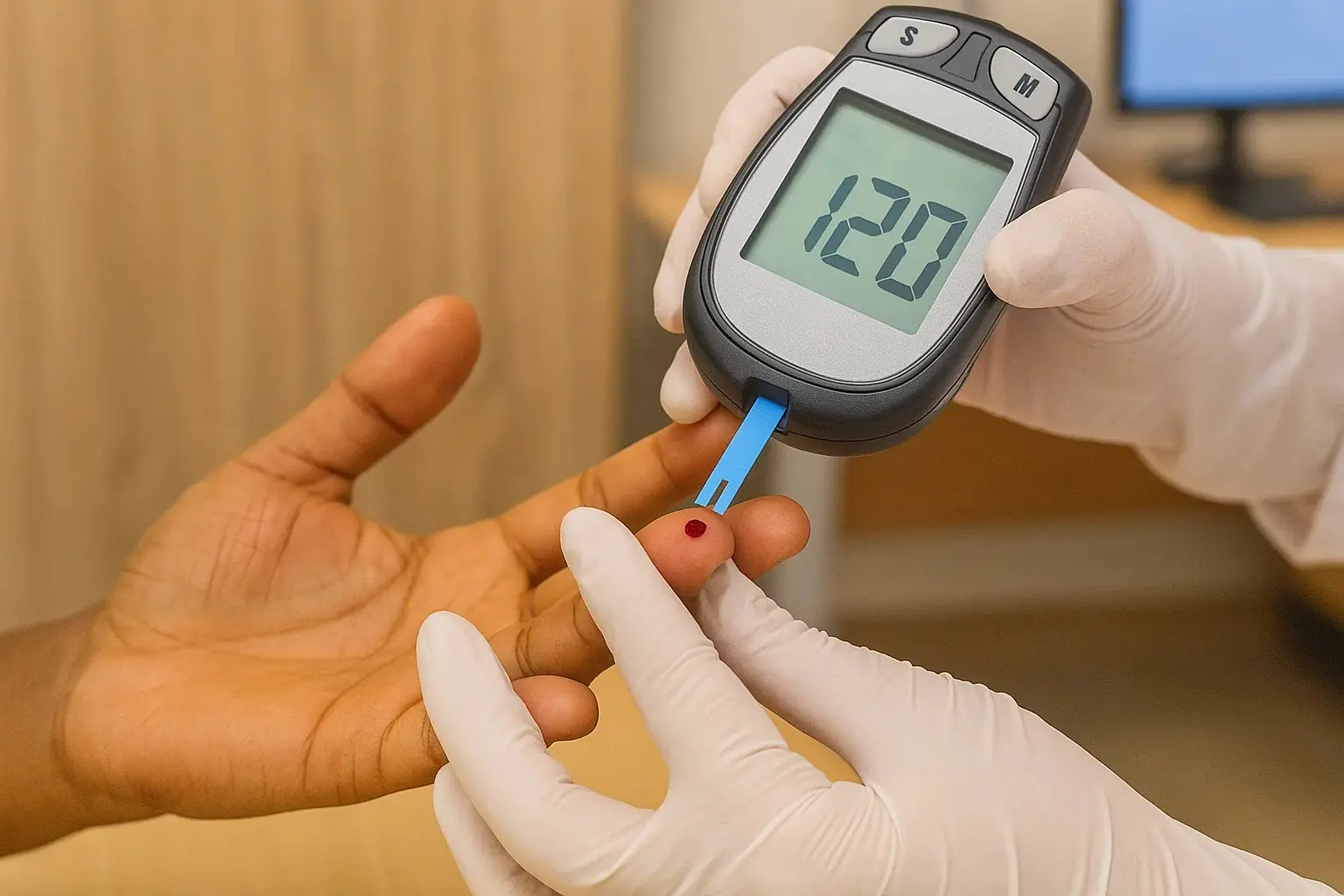
While fruits like apples, berries, and citrus are often recommended for their lower sugar content, there are other fruits that should be eaten with caution. This article discusses 8 common fruits with high sugar content that may need to be limited to help stabilize blood sugar and support overall health.
1. Grapes: Sweet but High in Sugar
Grapes are often considered a healthy snack option, rich in vitamins C, K, and antioxidants. These nutrients contribute to heart health, skin rejuvenation, and a strong immune system. However, grapes have a high sugar content, with about 16.1 grams of sugar per 100 grams of fruit.
As appealing as grapes are, consuming them in large quantities can spike blood sugar levels, particularly for individuals with diabetes or those looking to stabilize blood sugar. It's important to eat grapes in moderation to prevent unnecessary sugar intake that could lead to blood sugar imbalances.
Health Tip: To balance the sugar intake from grapes, it’s advisable to pair them with a source of protein or healthy fats, such as nuts or cheese, to slow the absorption of sugar into the bloodstream.
2. Mangoes: A Tropical Delight with a High Sugar Content
Mangoes are beloved for their rich, sweet flavor and are packed with nutrients, including vitamins A, C, E, and B6. These nutrients support immunity, skin health, and eye health, making mangoes a healthy fruit choice. However, mangoes are also high in sugar, with around 45 grams of sugar in a medium-sized fruit.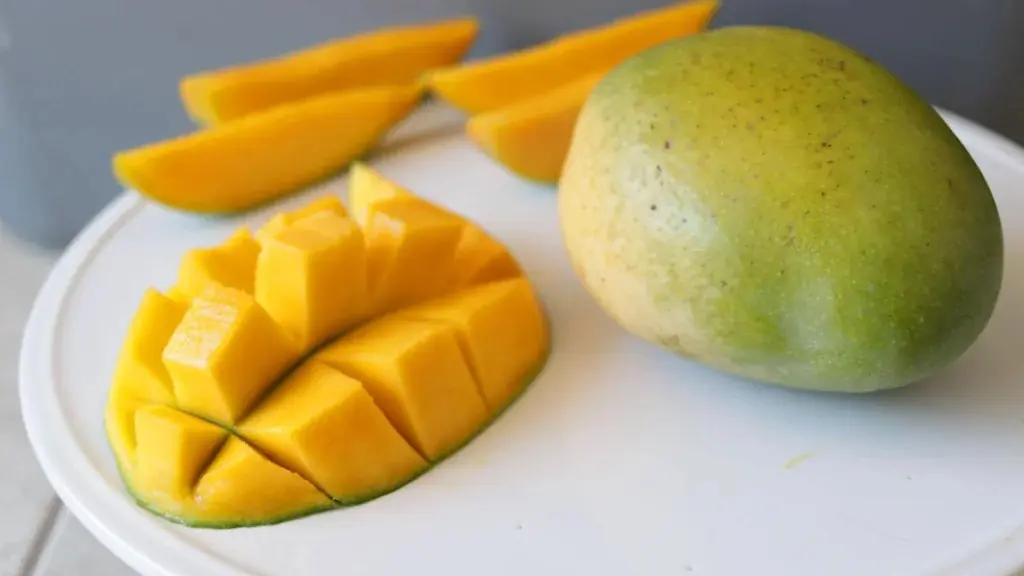
While mangoes provide numerous health benefits, their high sugar content can significantly affect blood glucose levels if consumed excessively. It's best to enjoy mangoes in moderation, particularly for those looking to control their blood sugar levels.
Health Tip: Consider consuming smaller portions of mango and combining it with a protein-rich food like Greek yogurt to help mitigate the effect on blood sugar.
3. Sapodilla: Sweet and Nutritious, But High in Sugar
Sapodilla, often referred to as "chico" in certain regions, is a delicious fruit that is high in potassium, iron, vitamin A, and fiber, all of which contribute to digestive health and overall well-being. However, sapodilla is also loaded with sugar, with approximately 28 grams of sugar per 100 grams of fruit.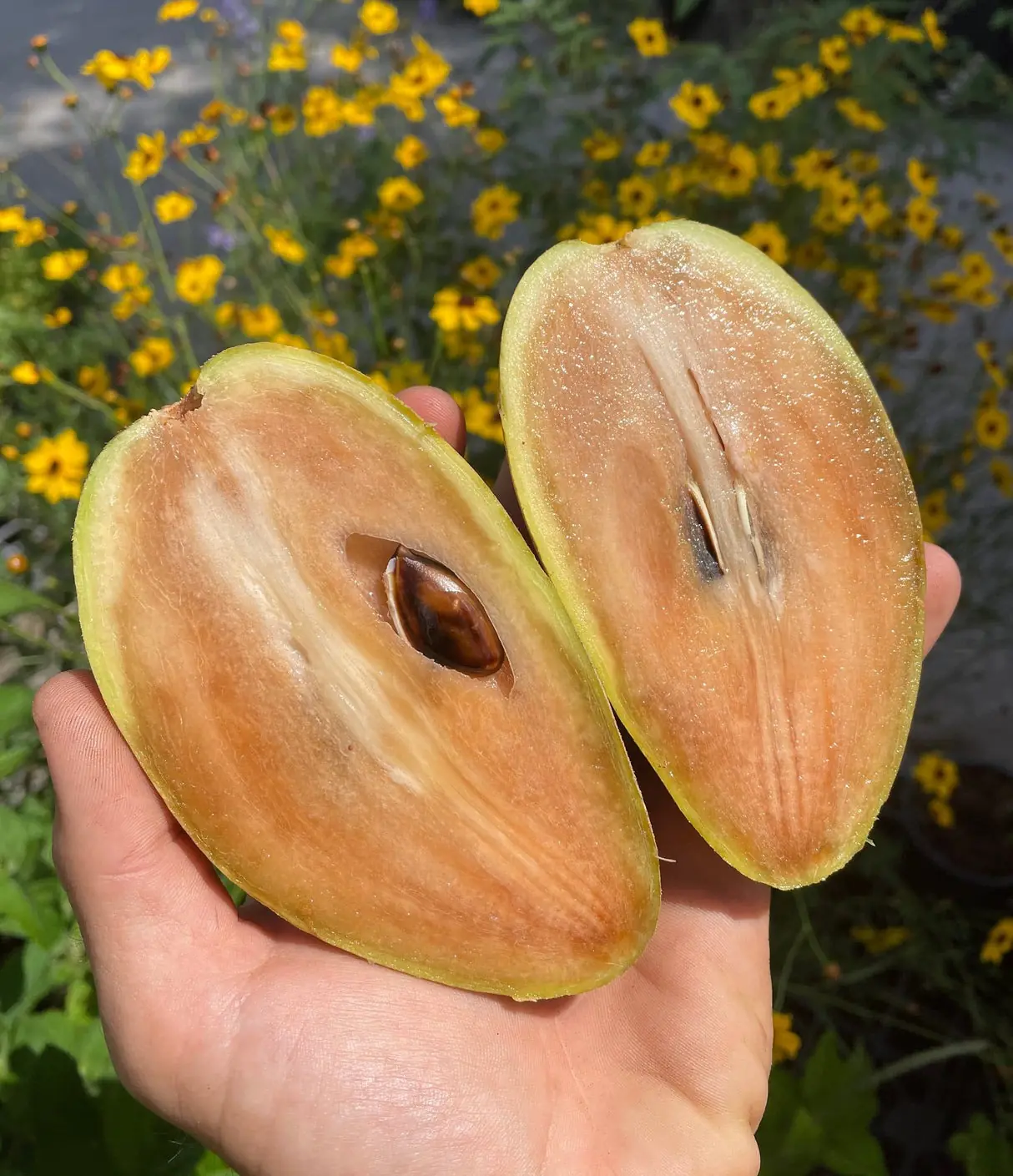
Due to its high sugar content, sapodilla should be eaten in moderation, especially for individuals monitoring their blood sugar or those who are at risk for diabetes.
Health Tip: A small serving of sapodilla can be enjoyed occasionally, but it should not be part of your daily fruit intake, especially if you are trying to manage your blood sugar levels.
4. Lychees: A Fruit with a Rich Sweetness and High Sugar Content
Lychees are known for their fragrant aroma and sweet, juicy flesh. They are rich in vitamin C and antioxidants, which are beneficial for immune health and skin rejuvenation. However, lychees are also very high in sugar, containing approximately 15.2 grams of sugar per 100 grams.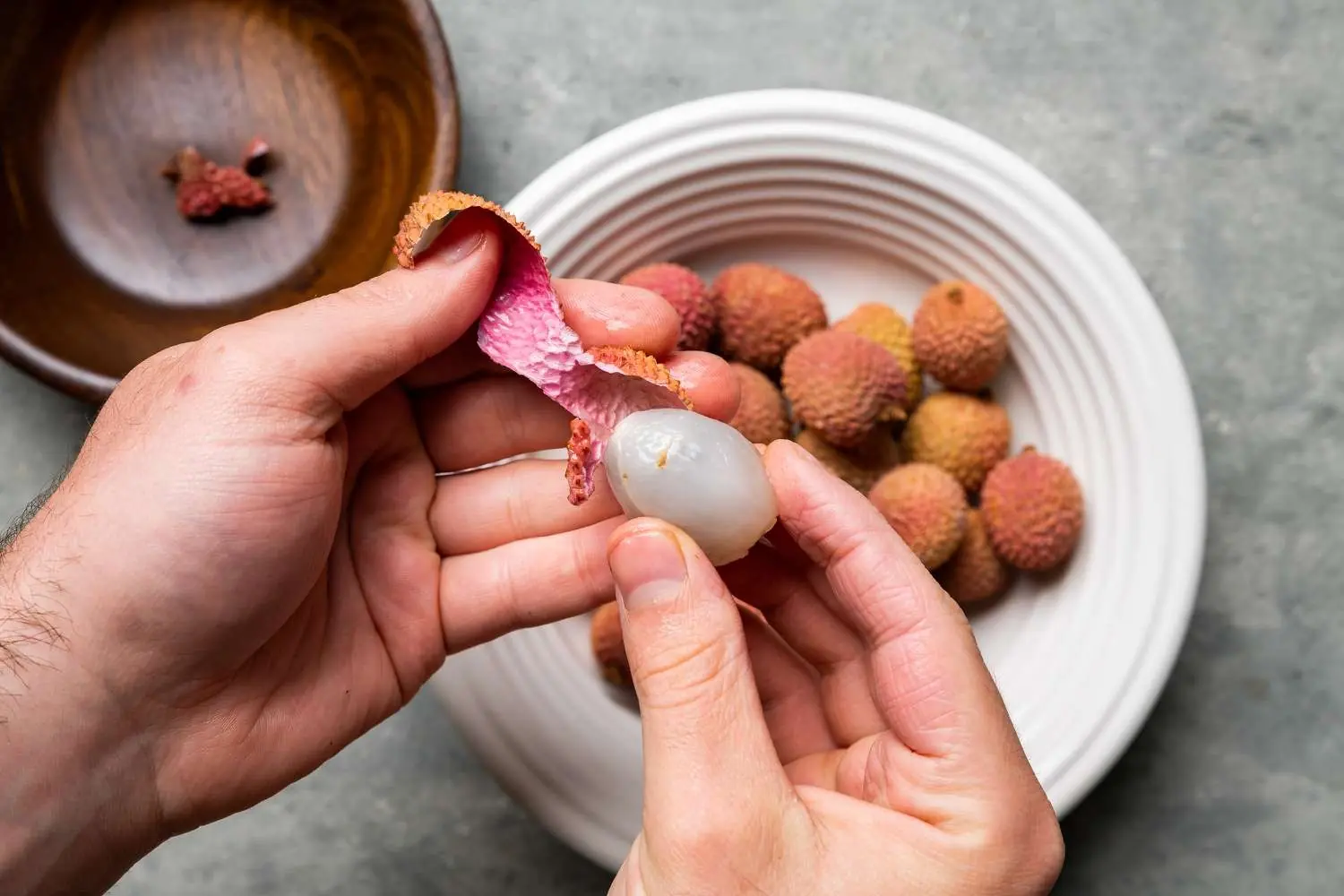
Although lychees are nutrient-dense, their high sugar content can cause blood sugar spikes, particularly in individuals who need to control their glucose levels. For this reason, it's important to eat lychees in moderation.
Health Tip: If you crave lychees, try combining them with a lower-sugar fruit like strawberries or blueberries to balance the sugar load.
5. Bananas: Potassium-Packed but Sugar-Rich
Bananas are a well-known fruit, packed with potassium, vitamin B6, fiber, and magnesium. These nutrients support heart health, muscle function, and digestion. However, bananas also contain nearly 16 grams of sugar per 100 grams, which makes them a high-sugar fruit.
Despite their numerous health benefits, bananas may not be the best choice for individuals trying to control their blood sugar, especially for those with insulin resistance or diabetes. It’s important to eat bananas in moderation.
Health Tip: Opt for smaller bananas or pair them with a source of healthy fat like almond butter to help mitigate the sugar absorption.
6. Figs: Delicious Yet High in Sugar
Fresh figs are nutrient-dense, containing calcium, iron, magnesium, and fiber, all of which contribute to bone health and digestion. However, figs also contain approximately 16.3 grams of sugar per 100 grams.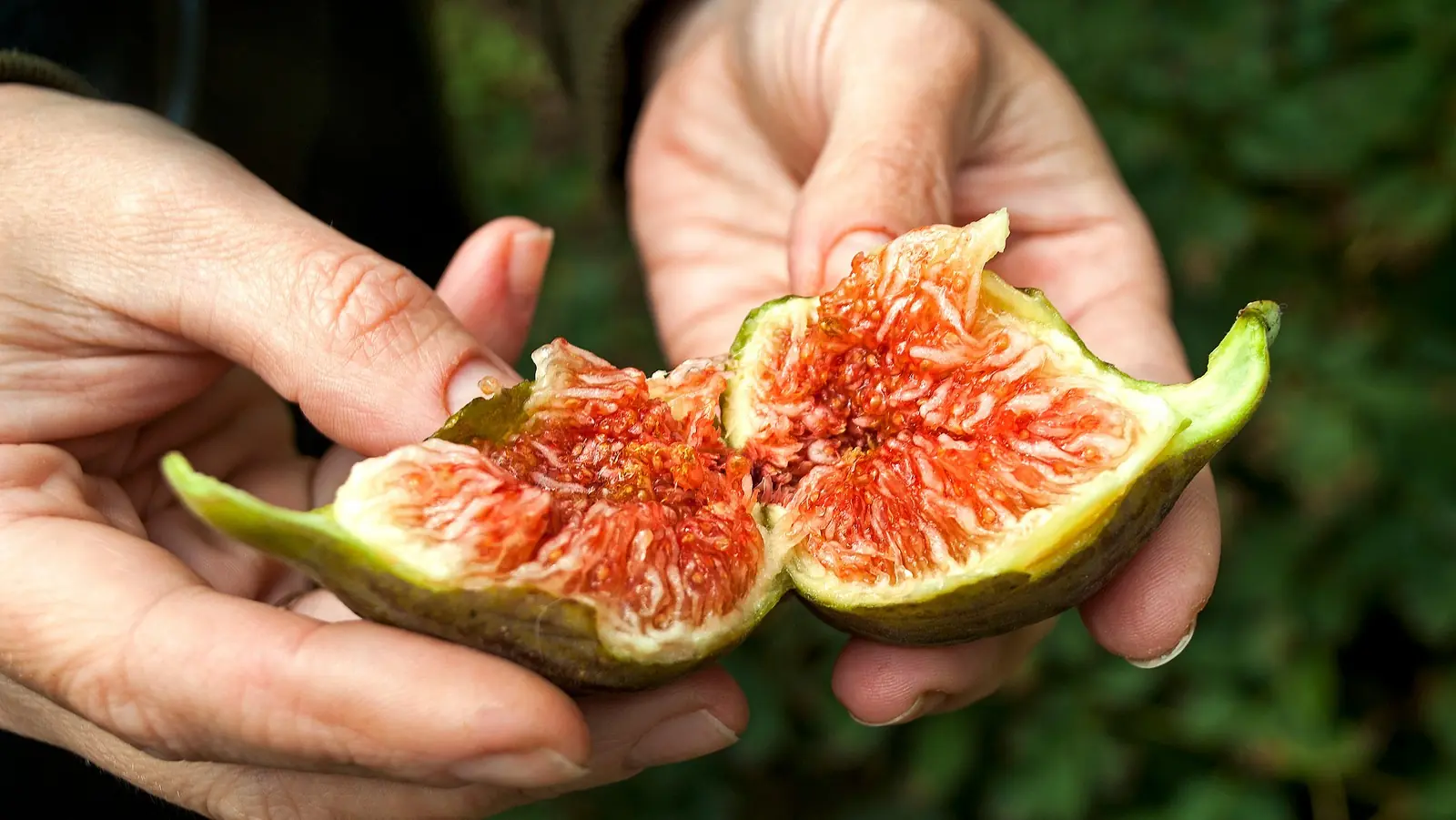
While figs offer several health benefits, their high sugar content means they should be consumed in moderation, particularly for individuals who need to monitor their blood sugar levels.
Health Tip: Enjoy figs occasionally as part of a balanced diet, but be mindful of portion size and try pairing them with protein to balance the sugar impact.
7. Pineapples: A Tropical Fruit That Packs a Sweet Punch
Pineapples are known for their rich vitamin C content, bromelain (an enzyme that helps with digestion), and manganese, which contribute to immune support and skin health. However, pineapples also contain about 10 to 12 grams of sugar per 100 grams.
While pineapple is a delicious and nutritious fruit, it’s best to consume it in moderation to avoid excess sugar intake. For those monitoring their blood sugar levels, consider limiting pineapple consumption.
Health Tip: To enjoy the benefits of pineapple without the sugar overload, opt for small portions or combine pineapple with a fiber-rich food like spinach or kale.
8. Soursop: Nutritious Yet High in Sugar
Soursop, a tropical fruit known for its sweet and tangy flavor, is rich in vitamin C, vitamin B6, potassium, and fiber. These nutrients contribute to immune health and digestive support. However, soursop contains approximately 15 grams of sugar per 100 grams, which makes it a high-sugar fruit.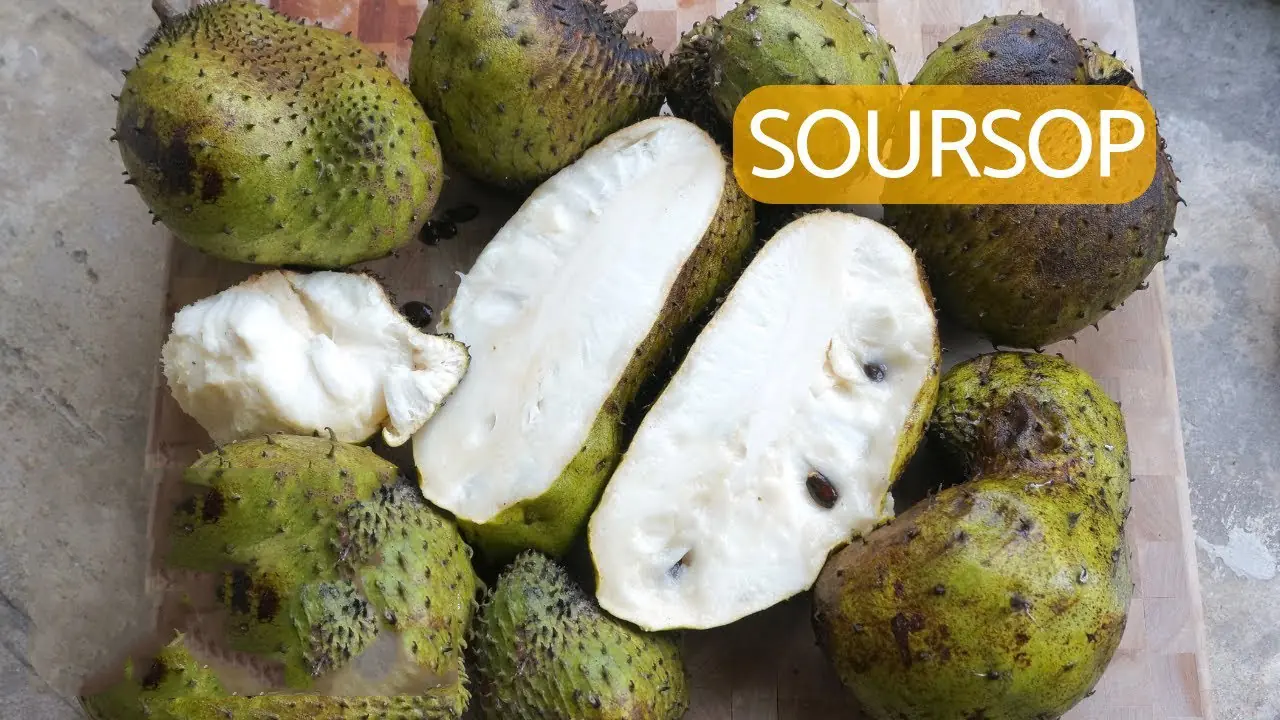
While soursop is packed with beneficial nutrients, its high sugar content can impact blood sugar levels, particularly for individuals with diabetes or those trying to control their blood glucose levels.
Health Tip: Soursop can be enjoyed occasionally, but it should be part of a diverse and balanced diet to minimize the risk of blood sugar spikes.
The Importance of Moderation in Fruit Consumption
Fruits are a vital part of a balanced diet, providing essential nutrients and antioxidants that support overall health. However, it’s important to be mindful of the sugar content in certain fruits, especially if you are trying to manage your blood sugar levels or reduce your risk of diabetes. By consuming these high-sugar fruits in moderation and pairing them with other nutrient-dense foods, you can still enjoy their health benefits without negatively affecting your blood sugar.
Strategies for Balancing Sugar Intake from Fruits
-
Portion Control: One of the most effective ways to manage sugar intake from fruits is by practicing portion control. Opt for smaller servings of high-sugar fruits, and aim to balance your fruit intake with lower-sugar options like berries and citrus fruits.
-
Pairing with Protein or Healthy Fats: Pairing fruits with protein-rich foods (such as nuts, seeds, or yogurt) or healthy fats (like avocado or olive oil) can help slow the absorption of sugar into the bloodstream, preventing blood sugar spikes.
-
Diversify Your Fruit Choices: Instead of consuming large amounts of one high-sugar fruit, try diversifying your fruit choices. Include a variety of fruits in your diet to ensure you are getting a range of nutrients without overwhelming your body with excess sugar.
-
Balance Your Diet: Along with mindful fruit consumption, ensure your overall diet is balanced, focusing on whole grains, lean proteins, and plenty of vegetables. This will help stabilize your blood sugar and support your overall health.
Conclusion
While fruits like grapes, mangoes, and bananas offer numerous health benefits, their high sugar content means they should be consumed in moderation, particularly for individuals trying to manage their blood sugar levels. By being mindful of portion sizes, choosing a variety of fruits, and balancing them with protein and healthy fats, you can still enjoy the nutritional benefits of these sweet fruits without compromising your health. Keep in mind that moderation is key to maintaining a healthy, well-balanced diet that supports your long-term health goals.
News in the same category


An unusual abdominal sign warns of severe fa:tty l!ver: If you see it, get checked immediately.
A gastroenterologist has suggested how to recognize fatty liver disease from an unusual sign in the abdomen.

A 33-year-old woman with metastatic canc3r is healthy 3 years later thanks to consistently doing one thing: "If I'd waited longer, things would be different."
Stunned after receiving the health check results, the 33-year-old woman still felt fortunate because she had detected the dangerous disease in time and still had a chance for treatment.

Don't buy these 3 kinds of oysters; even seafood shop owners won't let their families consume them.
If you want to buy good and clean oysters to eat, you must immediately avoid these types.

Straight vs. curved cucumbers: Which tastes better? My mother, with 40 years of farming experience, shares 3 key secrets.
The 'beautiful' things may have deceived you!

Beyond superstition: 5 items placed at your bedside secretly "drain" your health, leaving you more tired the more you sleep.
Green pots, plush bears, and small decorative items are all commonly seen objects in the bedrooms of many families. However, they can completely affect your health.

Is showering 2-3 times a day good in hot weather? Doctors warn certain bathing habits increase stroke risk.
In hot weather, many people have the habit of showering 2-3 times a day to cool down their bodies. However, is this habit good for health?

A 22-year-old man developed k!dney failure, fa:tty l!ver, and gout simultaneously, regretting drinking one type of beverage for four years.
A 22-year-old young man named Wang Yi, from Taiwan (China), went for a check-up and was unexpectedly diagnosed with kidney failure, fatty liver disease, and gout.

Eating too much of these 5 vegetables is like "poisoning" your liver, and the first one is on almost every family's dinner table.
The liver is an important detoxifying organ of the body. However, some familiar vegetables in daily meals can become silent 'enemies,' harming the liver if not used properly.

Woman suffers severe consequences after using bee stings to treat breast canc3r
Having breast cancer but not going to the hospital for treatment, instead opting for honeybee stings at home, the woman in Ho Chi Minh City has to bear the heavy consequences as the tumor complicates and metastasizes to many places.

Everyone knows canc3r can be hereditary, but which types of cancer have a higher risk?
Some hereditary cancers related to genetic mutations, such as breast cancer, ovarian cancer, and prostate cancer, can be managed and screened early thanks to genetic counseling.

Prolonged "minor ailments" could indicate canc3r, so beware of these 7 signs.
If you continuously experience headaches, loss of appetite, dry cough, and continuous weight loss... you need to see a doctor immediately as this could be a sign of cancer.

Hidden St0mach Canc3r Risk: How H. Pylori Infection Can Lead to Silent Canc3r and What You Need to Know
Learn about the link between Helicobacter pylori infection and stomach canc3r. Discover how this common food and waterborne bacteria could lead to silent canc3r and how early detection and treatment can help prevent it.

5 Simple Habits to Slash Heart Att@ck and Stroke Risks - Experts Reveal the Secrets
Discover 5 easy daily habits that can significantly reduce the risk of heart attack and stroke. From exercise to diet, learn how small lifestyle changes can protect your heart and improve overall health.

4 Visible Signs of Fatty Liver Dise@se on Your Face and How to Recognize Them
Discover the 4 common facial signs of fatty liver disease (NAFLD) like puffiness, skin discoloration, and acne. Learn how liver health affects your skin and when to seek medical help.

Vitamin D Can Reduce Tooth Decay by 50%, Study Finds: A Natural Solution to Dental Health
Discover how vitamin D can reduce tooth decay by 50%. Learn about its role in preventing dental caries, the link between vitamin D and oral health, and more in this detailed guide.

3 habits that "destroy blood vessels" faster than eating fatty meat: Many people still do them carelessly every summer
There are other causes of "damaging blood vessels" besides eating a lot of fatty meat and fatty foods. Three frequent summertime activities can also damage blood vessels, according to physicians.

There's a secret on b33r bottle caps: Target this point to open them easily by hand.
Many people have used their teeth, the edge of a table, or the armrest of a chair to open beer bottle caps – both dangerous and likely to cause damage. In fact, there is a special 'weak point' on beer bottle caps. Just aim correctly at this spot, and yo
News Post

When washing dishes, follow this method to remove all chemicals: Don't rush and risk "eating" detergent.

An unusual abdominal sign warns of severe fa:tty l!ver: If you see it, get checked immediately.
A gastroenterologist has suggested how to recognize fatty liver disease from an unusual sign in the abdomen.

A 33-year-old woman with metastatic canc3r is healthy 3 years later thanks to consistently doing one thing: "If I'd waited longer, things would be different."
Stunned after receiving the health check results, the 33-year-old woman still felt fortunate because she had detected the dangerous disease in time and still had a chance for treatment.

Don't buy these 3 kinds of oysters; even seafood shop owners won't let their families consume them.
If you want to buy good and clean oysters to eat, you must immediately avoid these types.

Straight vs. curved cucumbers: Which tastes better? My mother, with 40 years of farming experience, shares 3 key secrets.
The 'beautiful' things may have deceived you!

Beyond superstition: 5 items placed at your bedside secretly "drain" your health, leaving you more tired the more you sleep.
Green pots, plush bears, and small decorative items are all commonly seen objects in the bedrooms of many families. However, they can completely affect your health.

Is showering 2-3 times a day good in hot weather? Doctors warn certain bathing habits increase stroke risk.
In hot weather, many people have the habit of showering 2-3 times a day to cool down their bodies. However, is this habit good for health?

A 22-year-old man developed k!dney failure, fa:tty l!ver, and gout simultaneously, regretting drinking one type of beverage for four years.
A 22-year-old young man named Wang Yi, from Taiwan (China), went for a check-up and was unexpectedly diagnosed with kidney failure, fatty liver disease, and gout.

2-Step Korean-Inspired Glowup Routine: Achieve Radiant, Youthful Glass Skin At Home
The combination of rice, flaxseed, and other nourishing ingredients offers numerous benefits, from boosting hydration to fighting free radicals and improving skin texture. Follow this routine consistently, and you’ll be on your way to achieving the cove

Eating too much of these 5 vegetables is like "poisoning" your liver, and the first one is on almost every family's dinner table.
The liver is an important detoxifying organ of the body. However, some familiar vegetables in daily meals can become silent 'enemies,' harming the liver if not used properly.

The Legacy of Ruby Middleton Forsythe: A Lifelong Advocate for Education and Civil Rights
Discover the inspiring life of Ruby Middleton Forsythe, a dedicated educator who shaped the future of African-American children in South Carolina, teaching for over six decades despite adversity.

A 14-Year-Old’s Work Ethic: How One Young Girl’s Determination is Shaping Her Future
Discover the inspiring story of a 14-year-old girl who took the initiative to get a job, worked hard, and is saving for her future. Learn how determination and responsibility are shaping her dream to become a doctor.

Woman suffers severe consequences after using bee stings to treat breast canc3r
Having breast cancer but not going to the hospital for treatment, instead opting for honeybee stings at home, the woman in Ho Chi Minh City has to bear the heavy consequences as the tumor complicates and metastasizes to many places.

Mid-Flight Miracle: How a WestJet Flight Attendant Became a Baby-Whispering Hero
A family's challenging flight with a crying 4-month-old was transformed by the extraordinary kindness of a WestJet flight attendant. Discover this heartwarming story of empathy and going above and beyond in customer service.

Quiet Strength and Southern Grace: The Unseen Heroism of a Mother-in-Law Named Sharon
Discover the powerful story of Sharon, a mother-in-law whose quiet resilience and unwavering love carried her family through cancer, caregiving, and grace under pressure.

The Wisdom of Experience: How a $10 Withdrawal Taught a Bank Teller a Priceless Lesson
An elderly customer's request for a $10 withdrawal led to a viral moment of hidden wisdom. This compelling story reveals how patience and respect for elders can transform interactions, offering a powerful lesson in customer service and human dignity.

DIY Flaxseed Gel & Okra Hair Gel for Natural Hair Growth and Frizz-Free Shine
By incorporating these DIY treatments into your routine, you can achieve healthier, shinier, and fuller hair—without relying on harsh chemicals or expensive products.

Everyone knows canc3r can be hereditary, but which types of cancer have a higher risk?
Some hereditary cancers related to genetic mutations, such as breast cancer, ovarian cancer, and prostate cancer, can be managed and screened early thanks to genetic counseling.

Katherine Swynford: From Mistress to Duchess and the Legacy of Love and Power
Discover the extraordinary life of Katherine Swynford, from a lady-in-waiting to a duchess, her deep love story with John of Gaunt, and the lasting impact of her children, the Beauforts, on English history.

Prolonged "minor ailments" could indicate canc3r, so beware of these 7 signs.
If you continuously experience headaches, loss of appetite, dry cough, and continuous weight loss... you need to see a doctor immediately as this could be a sign of cancer.